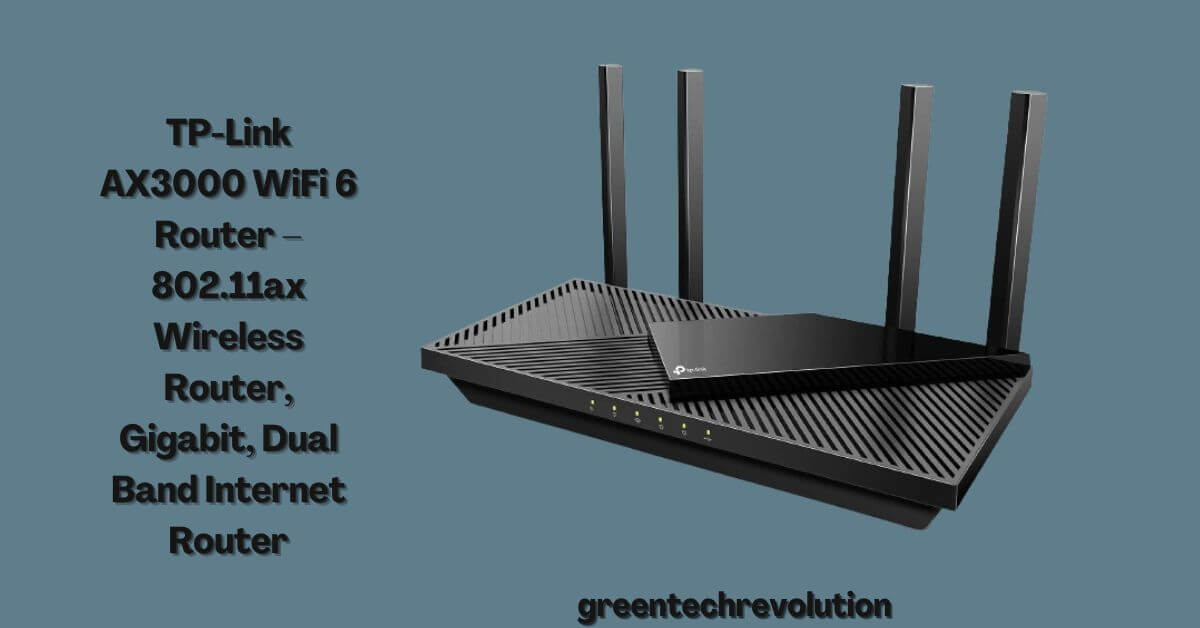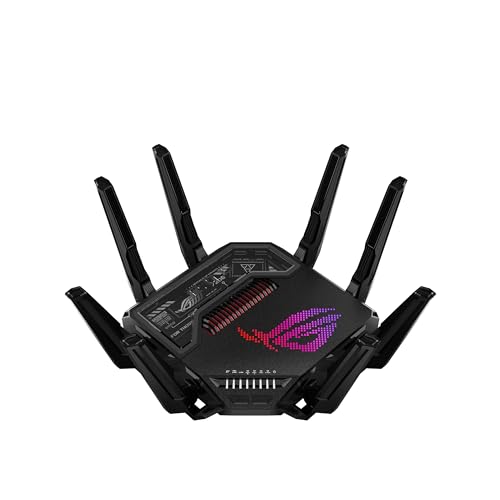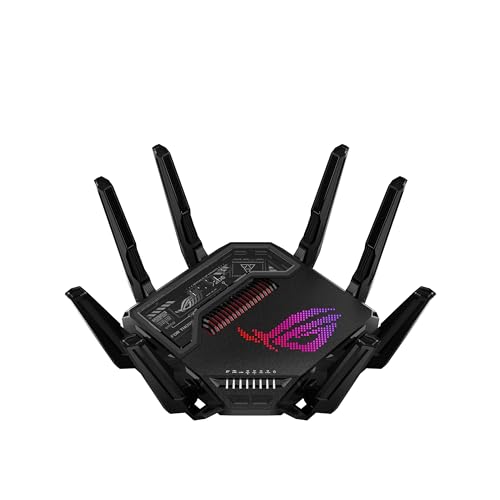What is a Gigabit Router Difference? In the ever-changing world of internet technology, it can be confusing to understand the differences between a gigabit router and a non-gigabit router. Gigabit routers provide faster transfer speeds compared to non-gigabit routers, but there are other distinct differences between the two that are important for consumers to understand.
A Gigabit router is a high-speed router that can process data at speeds up to 1 gigabit per second. A regular router can typically only handle speeds up to 100 megabits per second. So, if you have a home network with multiple devices that are constantly streaming video or transferring large files, a Gigabit router will be able to keep up with the demand.
One of the main differences between a Gigabit router and a regular router is that it has more advanced hardware and software. This allows it to process data much faster and provides better security for your home network. Another difference is that Gigabit routers usually come with more ports than regular routers, so you can connect more devices directly to the router.
If you’re looking to upgrade your home network to support higher speeds and more devices, a Gigabit router is a great option.
What is a Gigabit Modem
A gigabit modem is a type of modem that is capable of providing data transfer speeds of up to 1 Gbps. This is significantly faster than the more common broadband modems, which typically offer speeds of around 10 Mbps. In order to take advantage of these high speeds, you will need to have a gigabit-compatible router and an Internet connection that can support such speeds.
One of the benefits of using a gigabit modem is that it can help to improve your overall online experience. For example, if you frequently download large files or stream HD video content, you will likely see a noticeable difference in performance with a gigabit modem. Additionally, if you work from home or run an online business, having a fast and reliable Internet connection is crucial.
Do You Need a Gigabit Router?
A gigabit router is a device that allows you to connect to the internet at speeds of up to 1,000Mbps. That’s about 10 times faster than the average broadband speed in the US, which is around 100Mbps. So if you have a need for speed, a gigabit router is definitely worth considering.
But before you go out and buy one, there are a few things you need to keep in mind. First, not all devices are able to take advantage of gigabit speeds. For example, most laptops and smartphones top out at around 100Mbps.
So even if you have a gigabit router, your devices may not be able to make use of its full potential. Second, while gigabit speeds are much faster than what’s currently available from most ISPs, they come at a price. Gigabit routers tend to be more expensive than their non-gigabit counterparts.
So if speed isn’t your primary concern, you might want to stick with a cheaper router. Finally, keep in mind that having a gigabit connection doesn’t necessarily mean your internet experience will be flawless. Your ISP still plays a big role in determining how fast your connection is and how well it handles things like streaming video or gaming traffic.
So if you’re looking for the absolute best possible experience, upgrading to a gigabit router isn’t necessarily the magic bullet you’re looking for.
What are the Benefits of Gigabit Router?
A gigabit router is a device that helps you connect to the Internet at speeds of up to 1,000 megabits per second (Mbps). That’s about 10 times faster than the average broadband connection. A gigabit router can be used to improve your home networking speed and make it more reliable.
One of the main benefits of using a gigabit router is that it can help reduce lag when gaming or streaming video. If you have ever experienced buffering or choppy video, it’s because your connection wasn’t fast enough to keep up with the demand. A gigabit router can also help improve picture quality when streaming 4K video.
Another big benefit is that a gigabit router can help improve your Wi-Fi range. If you have a large home or office, you may have noticed that your Wi-Fi signal doesn’t reach all corners equally well. A better Wi-Fi signal means fewer dead spots and better overall coverage.
Finally, a gigabit router can future-proof your home network. As more and more devices connect to the Internet and demand higher speeds, having a gigabit router will ensure that your network can keep up with the demand. It’s always better to be ahead of the curve rather than playing catch-up later on!
Does Gigabit Internet Make a Difference?
Gigabit Internet is becoming increasingly available in the United States, but what does that mean for the average user? Does gigabit Internet make a difference? The answer is yes and no.
On one hand, gigabit Internet offers significantly faster speeds than the current average broadband speed in the U.S., which is around 18 Mbps. On the other hand, most users don’t need those kinds of speeds for everyday tasks like browsing the web or streaming video. So if you’re wondering whether gigabit Internet makes a difference, it depends on how you use the internet and what kind of speeds you’re used to.
For most people, gigabit internet won’t make a huge difference in their day-to-day lives. But if you have a lot of devices that connect to the internet or you do a lot of data-intensive activities online, gigabit speeds can be a game-changer.
How Do I Know If My Router is a Gigabit Router?
A gigabit router is a high-speed router that is capable of handling data at speeds up to 1 billion bits per second. There are several ways to determine if your router is a gigabit router. One way is to check the specifications or documentation that came with the router.
Another way is to check the speed of the Ethernet ports on the back of the router. If the Ethernet ports are rated for speeds up to 1000 Mbps, then the router is likely a gigabit router. Finally, you can contact the manufacturer of your router and inquire about its capabilities.
Final Thoughts
A gigabit router is a high-speed router that supports data transfer rates up to 1 gigabit per second (Gbps). A gigabit router can provide Internet access to multiple devices simultaneously without slowing down the connection. Gigabit routers are also backward compatible with slower Ethernet speeds, so you can still use your existing network equipment.




Leave a Reply
You must be logged in to post a comment.